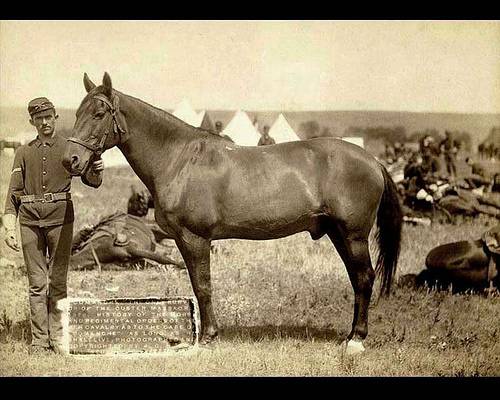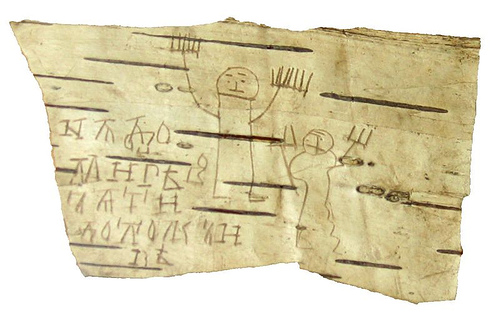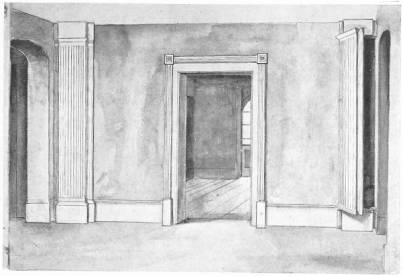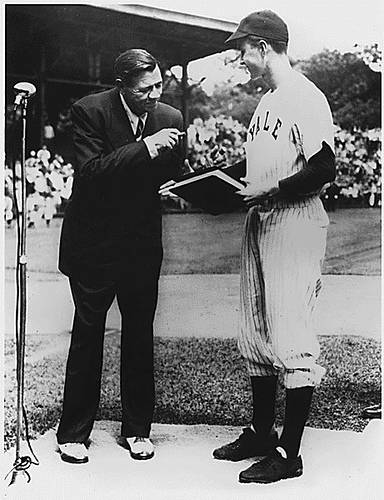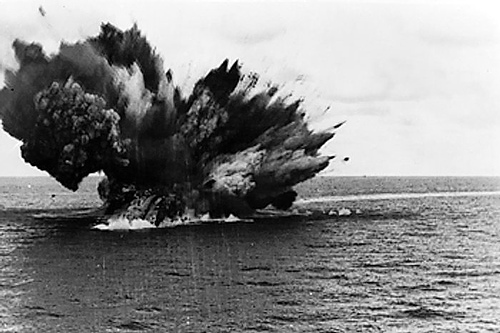
In November 1941 a U-boat torpedoed the British battleship Barham, but the Germans didn’t realize they’d hit it. The British Admiralty managed to keep the loss a secret for two months, but in the interval a Scottish spiritualist named Helen Duncan announced that the Barham had sunk. She said she’d heard the news from a dead sailor.
The British authorities arrested Duncan, hoping to discredit her story. They appealed to an old law against fraudulent “spiritual” activity … which unfortunately was called the British Witchcraft Act of 1735.
So: History records that a practicing medium who revealed an “unknowable” secret at a séance in 1941 was convicted under a witchcraft law. She served 9 months.

